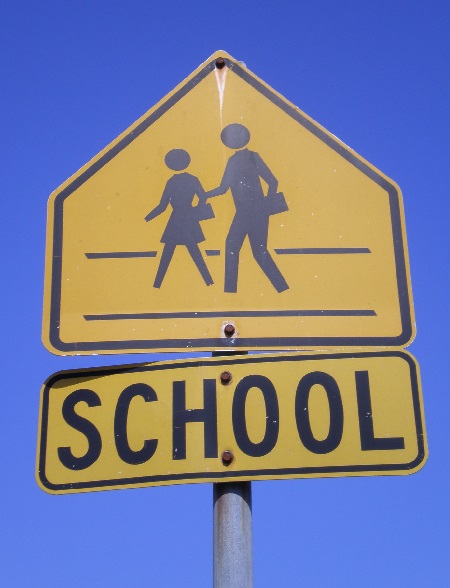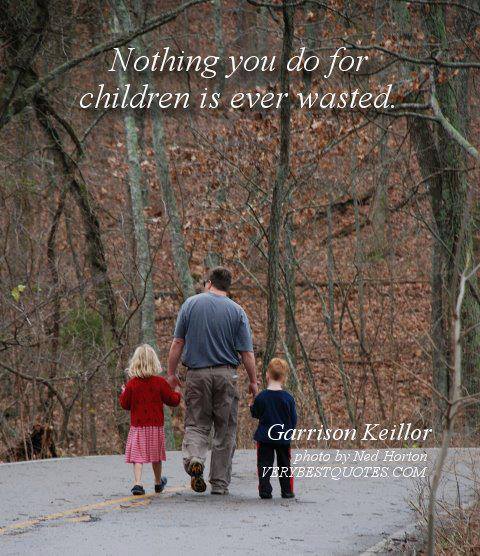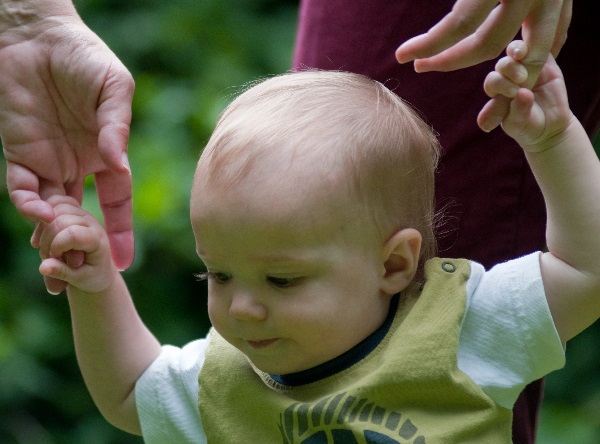
Updated 9/29/2022
Every year I hear from someone who isn’t sure what to do when a young child announces they want to go to preschool or kindergarten. It’s a common problem, and it can cause a crisis if the parent is planning on homeschooling!
So, what can you do? Many parents want to honor their child’s wishes, sometimes to the point of allowing them to make all of their own decisions, but I want to toss out another perspective – that a young child doesn’t have enough life experience to decide whether to go to school or be homeschooled.
Deciding something as important as school is an adult matter. One reason parents feel such pressure is because friends and family often ask if the child wants to be homeschooled. What an outrageous question! They’d never ask if a child wanted to go to school because our society expects and wants kids to go to school!
While I advocate respecting a child, I don’t think that a young child should make all the decisions. I suggest sticking with the original well-thought-out homeschool plan while taking the time to thoughtfully listen to the reasons why the young child wants to go to school.
Usually the reason is because:
- A friend is going to school.
- They want a lunch box.
- You read a book to them about school, and it sounds interesting.
- They want to ride the bus.
- They want new school clothes.
- They want a backpack.
- They want a school photo or ID card like their friend has.
Or maybe your child heard that kids at school do [fill in the blank] and that sounds like fun!
Many of the reasons can easily be met in other ways. When my son was a preschooler, he wanted workbooks and homework so he could be like his older neighborhood friend. I bought some at a thrift store, and he happily filled them in until it was no longer important to him. Once you know what a child really wants, you can make it happen outside of school!
Young kids like their world to make sense. Confidently explain the various options, that some kids go to public school, some go to private school, and some are homeschooled – and they are going to be homeschooled. There is comfort in knowing your parent has things under control.
For optimum beginning homeschool success:
• Have some fun! Celebrate the beginning of homeschooling by baking cookies, making playdough, or going on a field trip!
• Find a homeschool Park Day, and go every week!
• Order something very interesting, and let your child know it’s because they are being homeschooled. Get an educational game, a science kit, or find something free that is offered to teachers!
• Do not ask your child if they are happy that you decided to homeschool them. Ever! If you ask a child if they are happy, you are showing doubt and that will make them wonder if there is a problem they hadn’t thought of. They will also feel the power you just gave them and use it in ways that aren’t good for either of you. No child is happy every moment, homeschooled or not, and it’s good for children to learn that they are responsible for their happiness. Have confidence in your decision! It’s good for both of you.
• Do not allow any family member or friend to undermine your homeschool decision in front of your child. Some subjects need to be limited to adults only, and firmly stick to this. No child should grow up hearing other adults criticize his parents.
There will be other wants in your child’s life in the near future, but they won’t be as emotionally charged as the school decision. Keep it all in perspective, and have a great homeschool year!
Originally published at universalpreschool.com.
Save
 Karen Taylor’s always homeschooled son attended a local community college after graduating from homeschooling. He transferred to UC Berkeley as a junior, and received a PhD in neuroscience from UCSF. She shares homeschooling comments and links on Facebook, Pinterest, and this blog.
Karen Taylor’s always homeschooled son attended a local community college after graduating from homeschooling. He transferred to UC Berkeley as a junior, and received a PhD in neuroscience from UCSF. She shares homeschooling comments and links on Facebook, Pinterest, and this blog.
Save
Save
Save
 Karen Taylor’s always homeschooled son attended a local community college after graduating from homeschooling. He transferred to UC Berkeley as a junior, and received a PhD in neuroscience from UCSF. She shares homeschooling comments and links on Facebook, Pinterest, and this blog.
Karen Taylor’s always homeschooled son attended a local community college after graduating from homeschooling. He transferred to UC Berkeley as a junior, and received a PhD in neuroscience from UCSF. She shares homeschooling comments and links on Facebook, Pinterest, and this blog.









